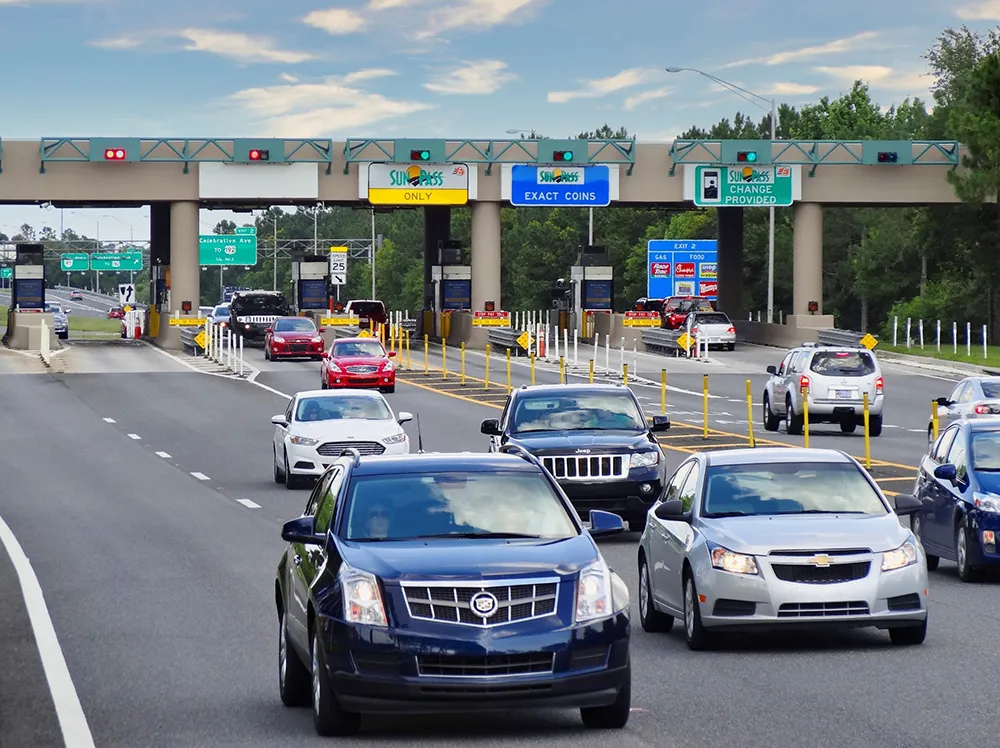Over the next three and a half years, the US$21.1 million Mobinet project aims to capitalise on the widespread growth in smartphones, mobile data services, and cloud-based computing to launch a new generation of travel apps for European citizens, and transport services for businesses and local authorities. Intelligent transport services (ITS) apply leading-edge mobile communications and information technology to make travel safer, smarter and cleaner, but the challenge is to deploy these Europe-wide and to
February 6, 2013
Read time: 3 mins
Over the next three and a half years, the US$21.1 million Mobinet project aims to capitalise on the widespread growth in smartphones, mobile data services, and cloud-based computing to launch a new generation of travel apps for European citizens, and transport services for businesses and local authorities.
Intelligent transport services (ITS) apply leading-edge mobile communications and information technology to make travel safer, smarter and cleaner, but the challenge is to deploy these Europe-wide and to create a market for ITS products and services. The Mobinet solution is to create a community of transport data and service providers that can link to users through a Europe-wide framework or service platform.
This platform will help service providers offer enhanced services to existing subscribers as well as to reach new customers. For users, Mobinet will offer a common interface which will help them find and subscribe to new types of mobile services such as real-time multimodal travel assistance, parking guidance, booking and payment schemes or Europe-wide virtual tickets for transit services.
To create this ‘internet of mobility’, the Mobinet service platform will deliver an online B2B directory of Europe-wide transport data and services; a unified mobile accounting, payment and clearing system, giving users a single account valid throughout Europe and simplifying roaming among providers; an open business environment enabling providers to integrate third-party services with their own products; a secure environment for in-vehicle and portable devices offering users a dedicated app-store, and service providers access to Mobinet-compliant user devices; a business-to-business e-marketplace for the automatic negotiation of service agreements; and a service development kit to simplify the creation of innovative Mobinet services for end- and business users.
To ensure that Mobinet results in an operational platform attracting the majority of transport and mobility service and data providers, the consortium will build the foundations of a public-private organisation driven by its members, that will oversee and manage the Mobinet platform, and grow the Mobinet supplier community, beyond the end of the project’s term.
The Mobinet consortium, coordinated by374 Ertico-ITS Europe, comprises 34 representatives of industry, research and universities across Europe. Project coordinator Paul Kompfner, head of SmartMobility at Ertico ITS-Europe, explains his vision:
"Our ambition is to establish Mobinet as THE connected mobility and transport service platform for all of Europe’s travellers and transport service suppliers; it seems a staggering challenge but we are confident we can achieve this since we have the right solution features and partners to do it."
Mobinet has adopted a method of accelerated development, meaning that a fully operational first-generation system will be released sixteen months after the project start. This system will be tested at eight pilot sites across Europe to allow feedback and improvements before the next product release. The goal is to create an early version of the platform that will be improved and extended according to experience of early users. This will include businesses from outside the consortium as well as project partners. Potential users of the platform are thus invited to work alongside the project team to gain an early experience of Mobinet’s advantages for suppliers and user groups.
Intelligent transport services (ITS) apply leading-edge mobile communications and information technology to make travel safer, smarter and cleaner, but the challenge is to deploy these Europe-wide and to create a market for ITS products and services. The Mobinet solution is to create a community of transport data and service providers that can link to users through a Europe-wide framework or service platform.
This platform will help service providers offer enhanced services to existing subscribers as well as to reach new customers. For users, Mobinet will offer a common interface which will help them find and subscribe to new types of mobile services such as real-time multimodal travel assistance, parking guidance, booking and payment schemes or Europe-wide virtual tickets for transit services.
To create this ‘internet of mobility’, the Mobinet service platform will deliver an online B2B directory of Europe-wide transport data and services; a unified mobile accounting, payment and clearing system, giving users a single account valid throughout Europe and simplifying roaming among providers; an open business environment enabling providers to integrate third-party services with their own products; a secure environment for in-vehicle and portable devices offering users a dedicated app-store, and service providers access to Mobinet-compliant user devices; a business-to-business e-marketplace for the automatic negotiation of service agreements; and a service development kit to simplify the creation of innovative Mobinet services for end- and business users.
To ensure that Mobinet results in an operational platform attracting the majority of transport and mobility service and data providers, the consortium will build the foundations of a public-private organisation driven by its members, that will oversee and manage the Mobinet platform, and grow the Mobinet supplier community, beyond the end of the project’s term.
The Mobinet consortium, coordinated by
"Our ambition is to establish Mobinet as THE connected mobility and transport service platform for all of Europe’s travellers and transport service suppliers; it seems a staggering challenge but we are confident we can achieve this since we have the right solution features and partners to do it."
Mobinet has adopted a method of accelerated development, meaning that a fully operational first-generation system will be released sixteen months after the project start. This system will be tested at eight pilot sites across Europe to allow feedback and improvements before the next product release. The goal is to create an early version of the platform that will be improved and extended according to experience of early users. This will include businesses from outside the consortium as well as project partners. Potential users of the platform are thus invited to work alongside the project team to gain an early experience of Mobinet’s advantages for suppliers and user groups.









